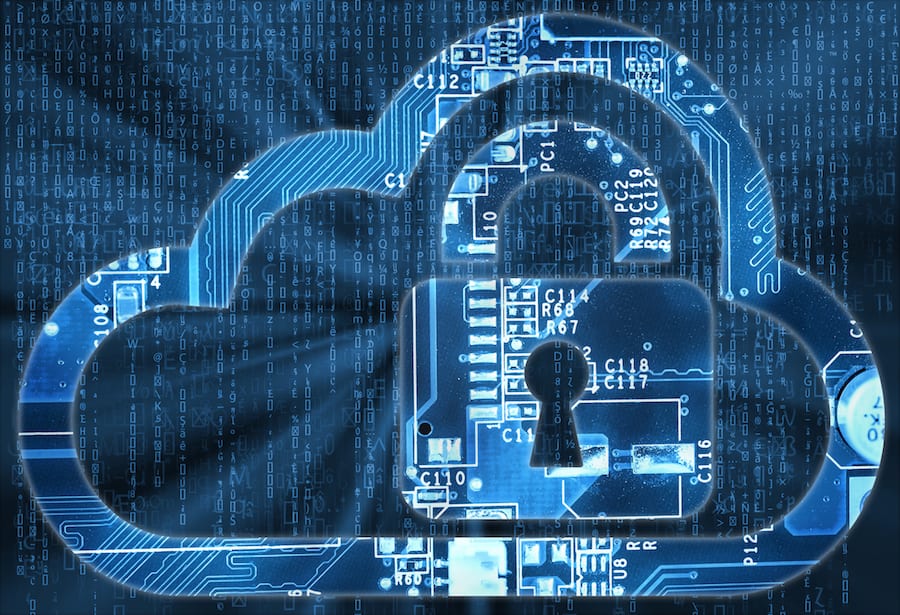By Bryan Orr
For the past 10 years “The Cloud” has been all the rage. Storing in the cloud, working in the cloud, hardware and equipment that “communicates” to the cloud.
First, let’s get something straight. “The Cloud” is a kind of a myth.
The cloud is just someone else’s computer that you connect to and store something on. Every time you are on the Internet you are in “the cloud” in the sense that your computer is displaying something that exists on someone else’s computer. In fact, every time you are on the Internet you are technically connected to almost every other computer on earth.
When you check Facebook or Gmail you are in the cloud, as none of that information, including your precious Facebook wall, are actually on your computer at all. This particular topic comes up every time my Grandparents see something they object to on Facebook and ask me to help them “get that off their computer.” The cloud is everywhere and it’s here to stay.
What does that mean for your small business?
If you have watched the news in the last month, you probably saw a major security vulnerability cross multiple sites, and it has since been named “cloud bleed.” This issue was found in an enormous cloud solutions company named Cloudflare, and my company website uses it. Luckily for me, the part of our site that uses Cloudflare had no customer information, so there wasn’t a risk.
We also saw an enormous outage on the East Coast of the Amazon S3 server farm that caused sites from Tinder to Github to MailChimp lose partial to full capability for half the day. An important part of our customer database and billing is built on Amazon S3 “cloud storage” so we were limited for about 5 hours with lots of general panic and mayhem.
But lest we forget…
Before cloud storage you had to store everything on computers you actually own with the risk of power outages, hard drive failure and the necessity for constant hardware and software upgrades. You also have fire and theft risk. (And no real decrease in risk from hacking if the computer is connected to the Internet.)
Add in the increased risk of “Ransomware” where foreign hackers break into your private computer, encrypt your files and force you to pay to recover them and you are then left to conclude that having your files and programs on your own computers possibly carries more risk than the cloud.
Like everything in business, the cloud has risks, so never put your very important eggs in one basket. And follow these tips to protect your data:
- Make backups of important documents and files.
- Use unique passwords for different sites and use safe browsing and email practices to prevent your passwords from being stolen.
- Don’t open emails from people you aren’t familiar with, ESPECIALLY attachments. And in some cases watch for attachments from people you do know. If it says FWD: from Bobbity Boo (your fav brother), still double check the source.
- Don’t look for free software online… remember, if something is free you are the product, not the customer (except in rare cases).
- Use a good, high quality anti-virus software on all your devices; and a physical firewall for your business is also a great idea.
I am actually writing and editing this article on Google Docs… in the cloud, so if the cloud scares you, you may want to stop reading this.
Oops, too late.

